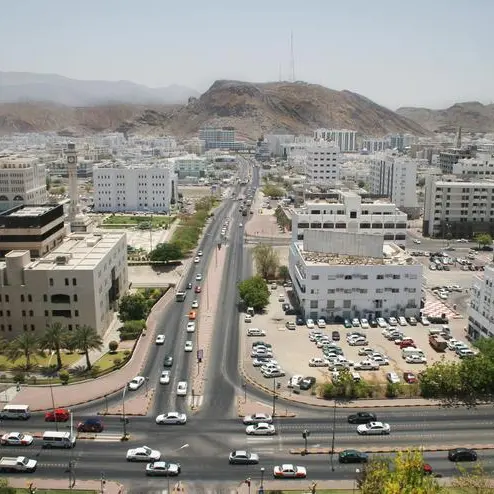PHOTO
Sunday, Oct 23, 2016
Dubai: Tightening liquidity will continue to pose challenges to GCC economies according to the latest CFA member societies survey, which gauged the opinions of CFA members and charterholders across the Middle East.
The survey revealed that the majority of CFA members agree that shrinking government deposits will result in additional cuts to infrastructure projects in order to realign spending, and this will have negative short-term economic effects.
CFA societies in the region believe that reduced funds allocated to infrastructure projects would mean that the construction industry will be affected the most by the liquidity crunch. Private sector firms, particularly SMEs, will experience greater difficulty in raising capital as cost of capital will increase and banks are expected to become more selective in their lending patterns.
The findings based on online survey conducted from 25th September to 10th October 2016 among CFA members across its societies in Bahrain, Kuwait and the UAE indicated that the bond market will emerge as a leading financing option for the private sector. However the survey respondents acknowledged that regional debt markets are not yet developed enough to cover financial needs of the economy.
“Investment professionals recognise that the current liquidity challenges have arisen because a decline in oil prices and lower government spending has negative impact on bank balance sheets, asset prices, equities and credit growth,” said Amer Khansaheb, President of CFA Society Emirates.
New normal
The study showed that investors are also concerned that in equity markets, such macroeconomic conditions will mean reduced returns because of the impact on corporate earnings. With oil prices unlikely to return to historical levels of above $100 in the near future, the lower economic growth rates currently projected might become the new normal going forward.
“The recent stabilisation of crude prices and increased cash flow from international investors through the credit markets is offering GCC countries hope of a rebound. Easing the current strains faced by the regional financial market would raise market performance,” said Khansaheb.
The survey respondents noted that banks in certain GCC countries do have resilient capital buffers and provisioning levels, given their income from commodity exports. According the survey, banks in the region will see an increase in non-performing loans (NPLs), but NPL ratios remain relatively low as loan loss provisions are robust.
By Babu Das Augustine Banking Editor
Gulf News 2016. All rights reserved.




















